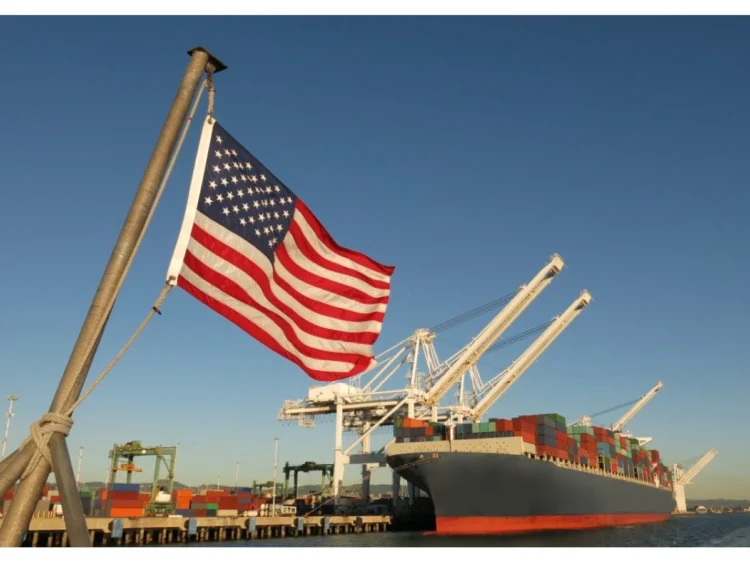Publisher: Maaal International Media Company
License: 465734
WSJ: Tariffs Stimulate Demand for US Small and Medium-Sized Businesses
اقرأ المزيد
The Wall Street Journal reported that some small and medium-sized US manufacturers are beginning to see an increase in orders from companies seeking to avoid paying new tariffs, boosting their hopes for long-term business support.
The newspaper quoted Jack Schrohn, president of a company specializing in manufacturing tools, including industrial screwdrivers, clamps, and jacks, as saying that his factories in Ohio and Illinois are “running very well,” due to new orders from customers seeking to avoid import tariffs and to increased demand over the past 18 months from the defense industry.
The newspaper noted that such reports represent good news for tariff advocates, who expected that the tariffs would breathe new life into US manufacturing.
However, the newspaper noted that so far, only a few major global manufacturers have announced plans to build factories or move their operations to the United States. Some public opinion polls on the manufacturing sector also point to a less optimistic outlook. A Federal Reserve survey of Texas manufacturers conducted in April showed that concerns about tariffs were clouding perceptions of the overall economic situation, according to the newspaper.
The Wall Street Journal quoted several US executives as saying that the tariffs represent a lifeline for US companies that have sprung up during the COVID-19 pandemic to produce face masks, rubber gloves, and other personal protective equipment, after shipments from Asia plummeted.
The Journal noted that new US tariffs on rubber gloves imported from China have doubled their price compared to a few months ago.
The newspaper quoted Alan Rost, chief growth officer at SafeSourceDirect, a manufacturer of industrial rubber gloves, as saying that companies that rely on China are desperately looking for alternative sources. He added, “We’ve been struggling for a long time, but recently we’ve received a lot more orders.” Hesco International, a manufacturer of automotive and agricultural equipment components, has cut its reliance on Chinese materials in half over the past decade in response to tariffs imposed during President Trump’s first term, but they cannot stop importing them, as they are essential components used in the manufacture of customers’ goods.








